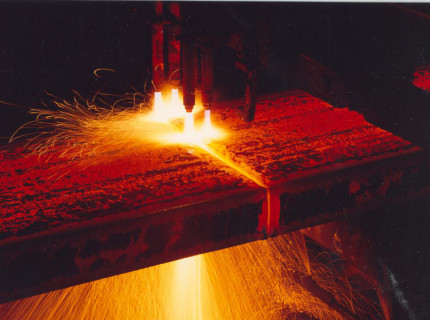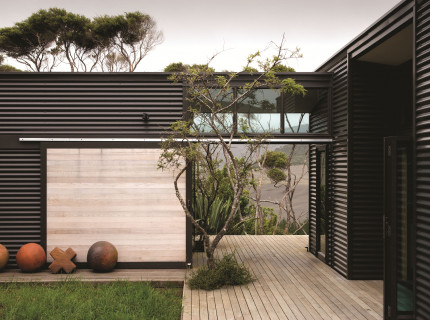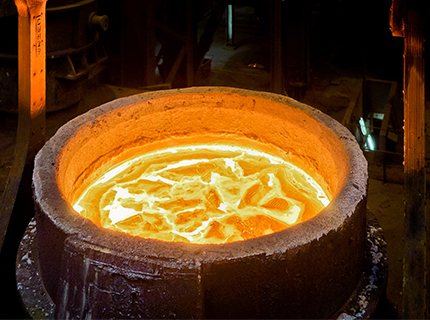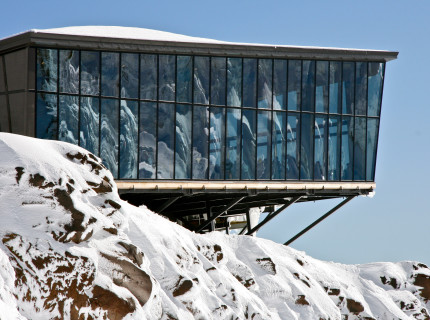- Home /
- About Us
Search Results
TOTAL 259 RESULTS FOR
Display 10 results. Page 11 of 26.
Water - An Essential Resource
At the Glenbrook Steel Mill each day around 1 million tonnes of water is in circulation throughout the steelmaking and finishing operations.
Steel Product Recycling
New Zealand Steel is committed to continual improvement of environmental performance and the efficient use of natural resources. Our objective is to produce a range of versatile steel building products and steel solutions that are innovative, durable, safe and aesthetic.
Resource-efficient Transport
Transporting products and people efficiently to reduce waste and emissions.
Monitoring Environmental Effects
New Zealand Steel’s Environmental Management System places great importance on its commitment to minimise any effects of taking or discharging water, as well as controlling the use of water. In order to fulfill this commitment, the company employs a rigorous monitoring programme with regular reports to the Auckland Council, as well as the involvement of independent environmental consultants.
Redefining Waste
New Zealand Steel approaches solid waste management by following the principles of avoid, reduce, reuse, recycle. If waste generation cannot be avoided, the best way to deal with it is to lessen the amount created and then find positive ways to reuse and recycle any remaining waste. The company refers to solid wastes as “by-products”, as this tends to make employees remember that unwanted materials have a value to the environment and the economy. The production of solid waste is inevitable in steelmaking. Each year, New Zealand Steel’s Glenbrook Mill produces approximately 600,000 tonnes of waste. Around 80% of the waste is recycled, reused or sold.
The Mining Operation
The well known black sand beaches sweeping down the west coast of the North Island are the sites of New Zealand’s greatest known reserves of ironsand. Its potential for commercial use was recognised from the early days of European settlement. This black ironsand was formed 2.5 million years ago from rock deposited on the coast by volcanic activity in the Taranaki region. The sand contains mainly ironsand (titanomagnetite) and lime-soda feldspars. Over the centuries, the heavy dark ironsands have been transported by ocean currents along the coast and deposited on beaches, forming dunes of up to 90 metres high. After extensive trials, the New Zealand Steel Mill at Glenbrook opened in 1970 with an ironsand mine located at the mouth of the Waikato River.
Where in the World
New Zealand Steel is part of the BlueScope Group, a strong and successful global company employing over 16,000 people within more than 100 facilities in 17 countries.
BlueScope Businesses
BlueScope is a flat steel producer for the domestic Australian, New Zealand and US markets, and is a leading international supplier of steel products and solutions, principally focused on the global building and construction industry. The Company is structured into several businesses.




